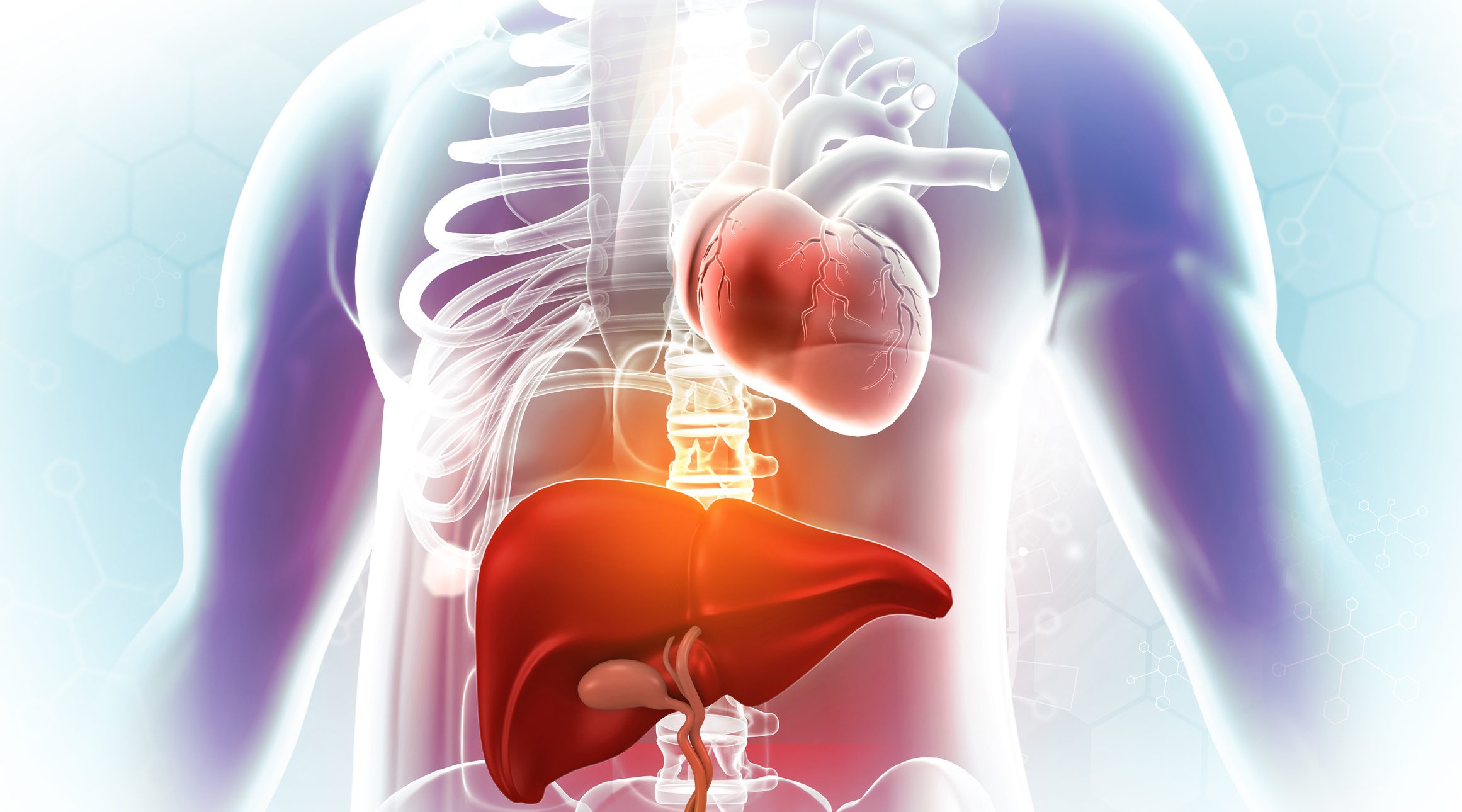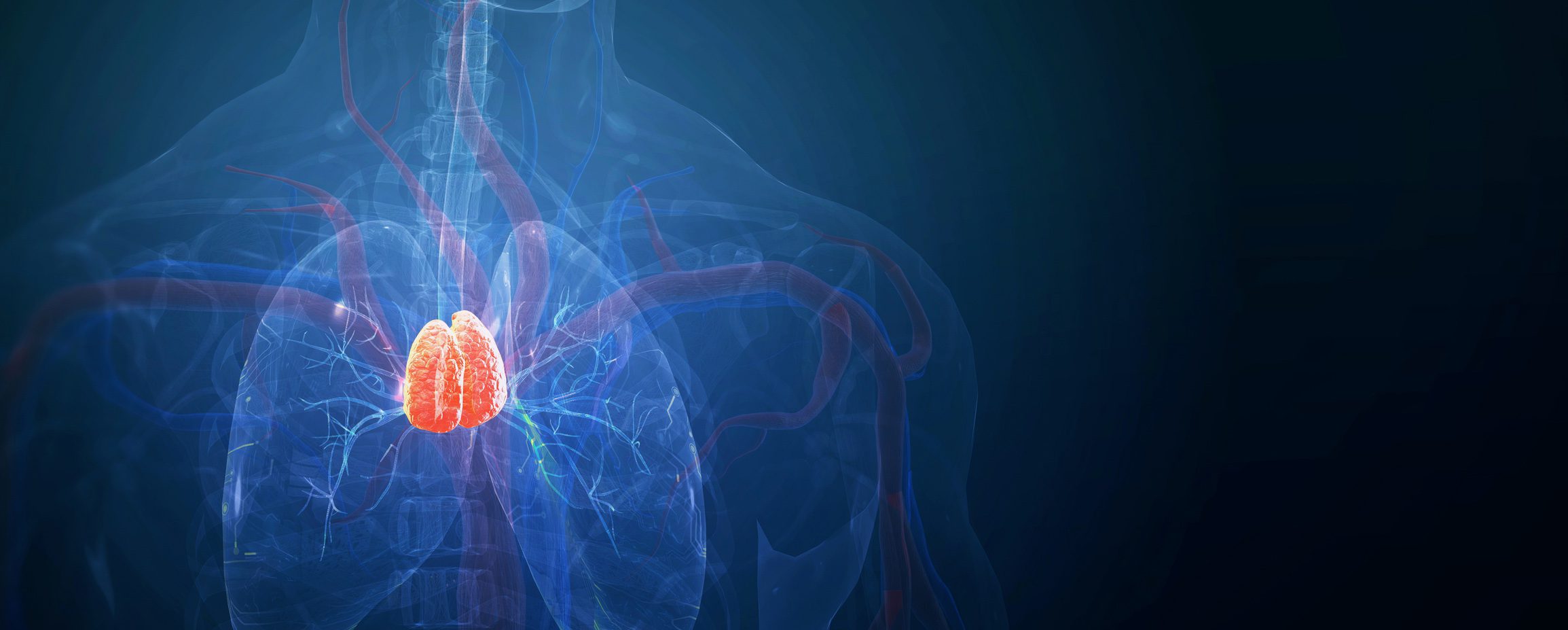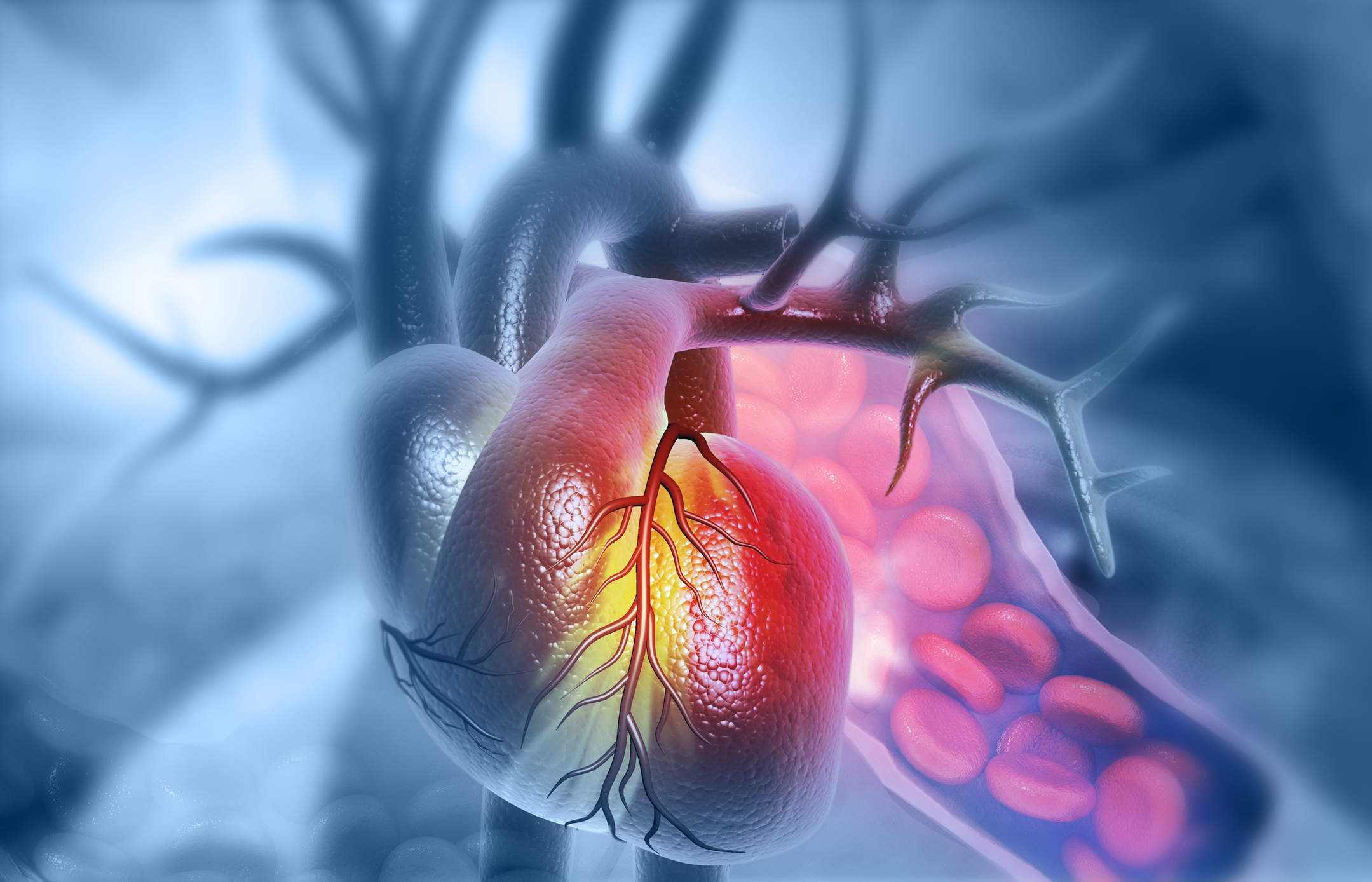The close functional connection between the liver and the heart plays a central role in the development and progression of cardiometabolic diseases. While cardiovascular and hepatic pathologies have long been considered separately, recent studies show a reciprocal interplay between liver and heart dysfunction, ranging from insulin resistance to chronic inflammatory processes and hemodynamic stress. A review article comprehensively examines the physiological basis of liver-heart interaction, pathophysiological mechanisms in various liver diseases, the role of the heart as a “liver driver” and innovative methods for researching this “interorgan” dialog.
You May Also Like
- Artificial intelligence
Dr. ChatGPT: Large language models in everyday clinical practice
- COPD therapy
Drug therapy – Update 2025
- Focus on prevention
Colorectal cancer screening – an update
- From symptom to diagnosis
Oncology – Thymoma
- Shared decision making
Participatory decision-making using the example of diets for type 1 diabetes
- Patient-centered rounds in medicine
Aligning care with the patient
- Migraine and vascular regulation
CGRP-targeted migraine therapies for vascular risk patients
- Chronic and acute coronary syndrome












